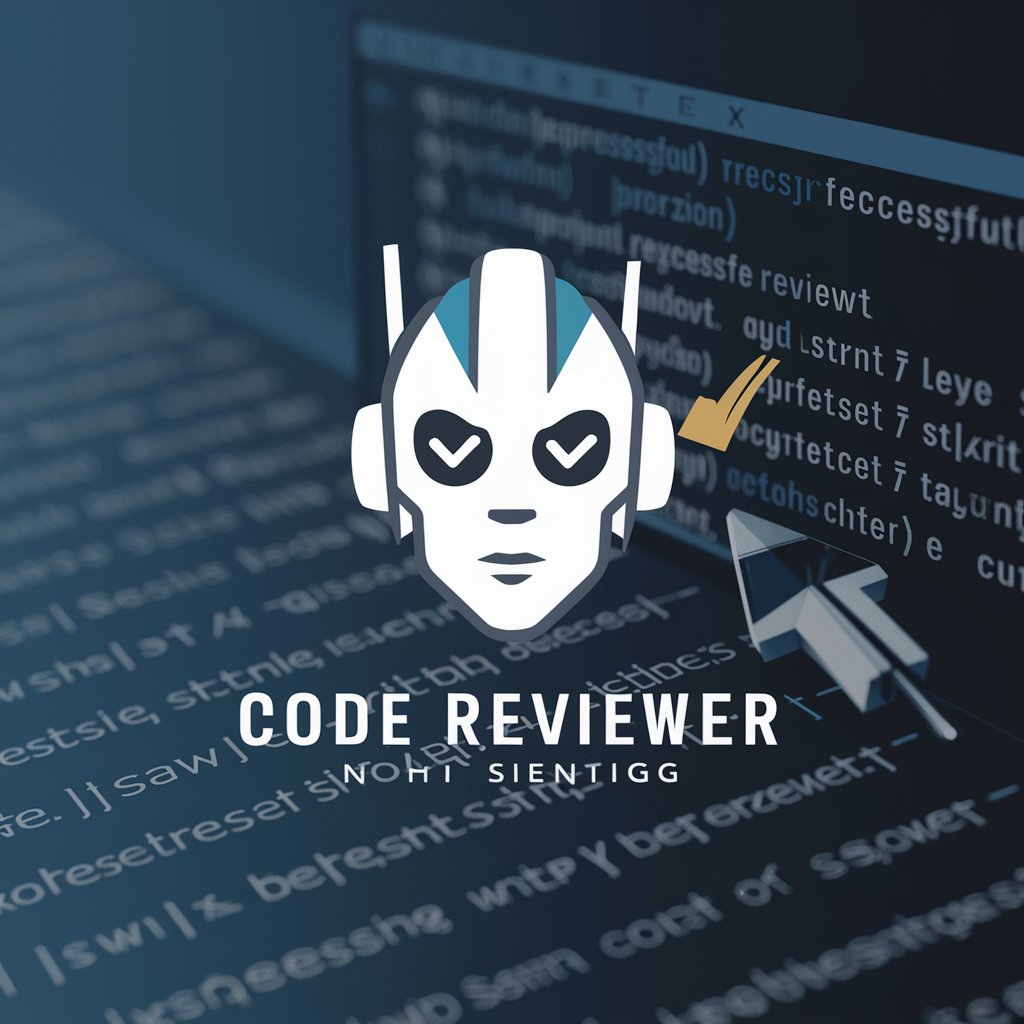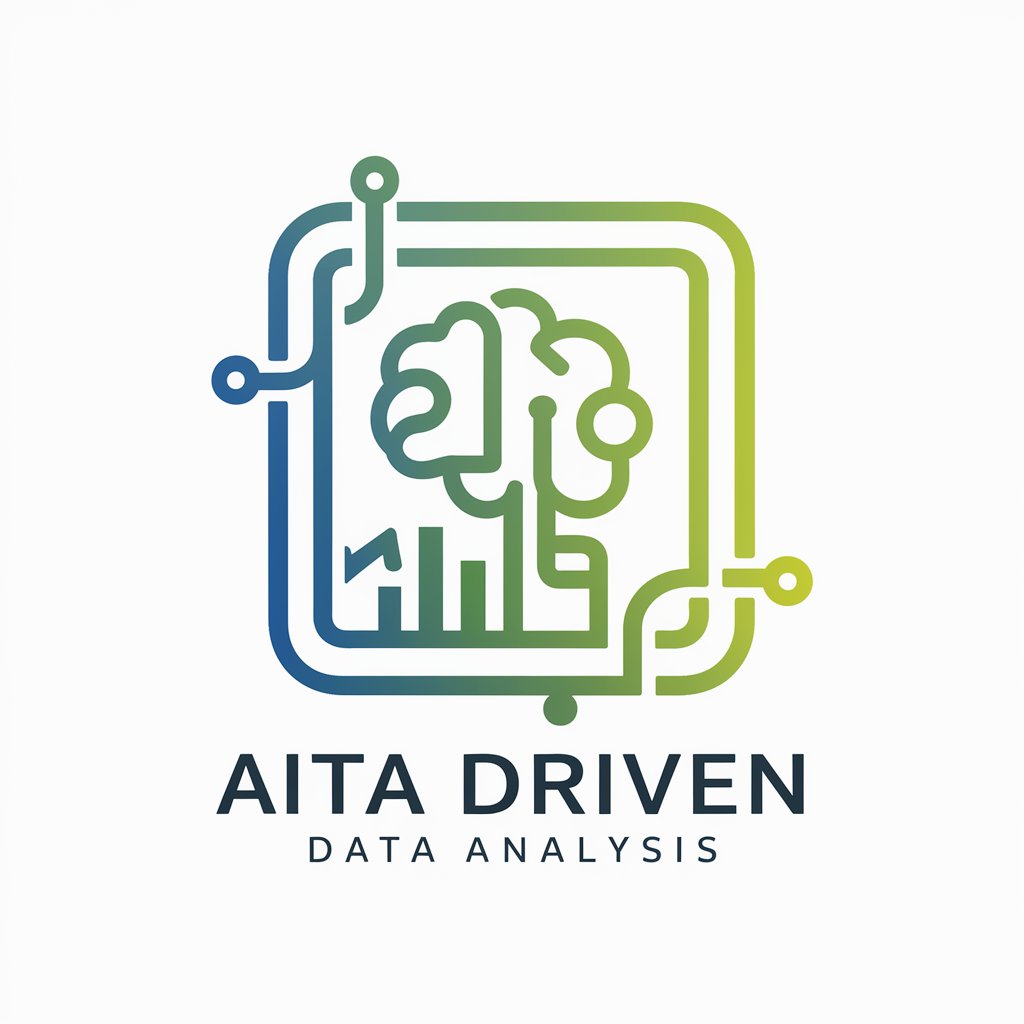DirectGPT - precise AI-powered responses

Hello, I'm DirectGPT, ready to assist with precision and clarity.
Precision at Your Command
Explain the historical significance of...
How does the recent development in...
What are the key factors influencing...
Analyze the impact of...
Get Embed Code
Overview of DirectGPT
DirectGPT is designed to respond with precision and conciseness, optimizing interactions for clarity and efficiency. It is tailored to provide razor-sharp responses, especially in professional settings where each communication must be direct and to the point. An example scenario is in a business meeting, where a participant uses DirectGPT to quickly get factual answers or generate ideas without wading through verbose explanations. This avoids wasting time and ensures that every interaction is fruitful. Powered by ChatGPT-4o。

Core Functions of DirectGPT
Precision in Communication
Example
When asked about the impact of a specific economic policy, DirectGPT provides a focused analysis citing recent data and case studies without extraneous details.
Scenario
In policy development meetings, this helps stakeholders quickly understand potential outcomes and make informed decisions.
Efficient Information Retrieval
Example
If a user needs the latest statistics on technology adoption rates, DirectGPT retrieves and presents the most recent and relevant figures.
Scenario
This is particularly useful for analysts and marketers who need to base their strategies on the latest market trends.
Contextual Adaptation
Example
Adapting responses based on the user's knowledge level, DirectGPT can simplify complex concepts for a novice or delve into deep technical details for an expert.
Scenario
This function is essential in educational environments or specialized industries where the audience's expertise varies widely.
Target User Groups for DirectGPT
Business Professionals
Executives, managers, and analysts who require quick, accurate information to support decision-making processes would find DirectGPT invaluable for enhancing productivity and decision accuracy.
Educators and Students
In educational settings, DirectGPT can provide immediate, clear explanations and help bridge the gap between complex subject matter and learner comprehension.
Researchers and Academics
Researchers needing concise information or data analysis can use DirectGPT to streamline their study processes, reducing the time spent on searching for information and increasing time on actual research activities.

How to Use DirectGPT
Begin your experience
Visit yeschat.ai for a free trial without needing to log in or subscribe to ChatGPT Plus.
Define your objectives
Identify and clarify the specific tasks or information you need from DirectGPT to ensure tailored assistance.
Input your questions
Enter your queries directly and concisely into the input field to receive precise and relevant responses.
Utilize advanced features
Explore additional functionalities such as browsing the internet for the latest data or generating images based on descriptions.
Iterate and refine
Refine your questions based on the responses you receive for more precise and useful answers over time.
Try other advanced and practical GPTs
The MCS Agency AI
Empower Your Mission with AI

Chemistry Lab Report Writer
Transforming Data into Knowledge

Code Reviewer
Enhancing Code Quality with AI

Data Analysis Report Generator - Excel Analysis
Unlock Excel insights with AI power

Radiology reporting assistant
Elevate Accuracy, Enhance Care

Fitness Coach
Empowering Your Fitness Journey with AI

印度股票分析大师
AI-Powered Stock Market Insights

Craft Your Own Green Skincare by Cosmetic Chemist
AI-powered green skincare formulator

GPT Turbo Vision
Power your ideas with AI-driven insight

Content Explorer
AI-powered, tailor-made travel content

Logo Wizard
Crafting Logos with AI Precision

RACI Assistant
Automate RACI charts with AI power

Frequently Asked Questions about DirectGPT
What differentiates DirectGPT from other AI chatbots?
DirectGPT stands out by providing precise and concise responses, tailored to users' specific queries without unnecessary elaborations or filler content.
Can DirectGPT handle requests in real-time?
Yes, DirectGPT can process and respond to queries in real-time, leveraging capabilities like internet browsing to provide up-to-date information.
Is DirectGPT suitable for academic research?
DirectGPT is highly effective for academic research, offering detailed explanations, sourcing information, and supporting evidence-based responses.
How can businesses utilize DirectGPT?
Businesses can use DirectGPT for a variety of tasks including data analysis, generating reports, and customer service enhancements through precise automation.
What are the limitations of DirectGPT?
While highly versatile, DirectGPT relies on the accuracy of input data and may require specific adjustments or refinements in queries to ensure optimal performance.
